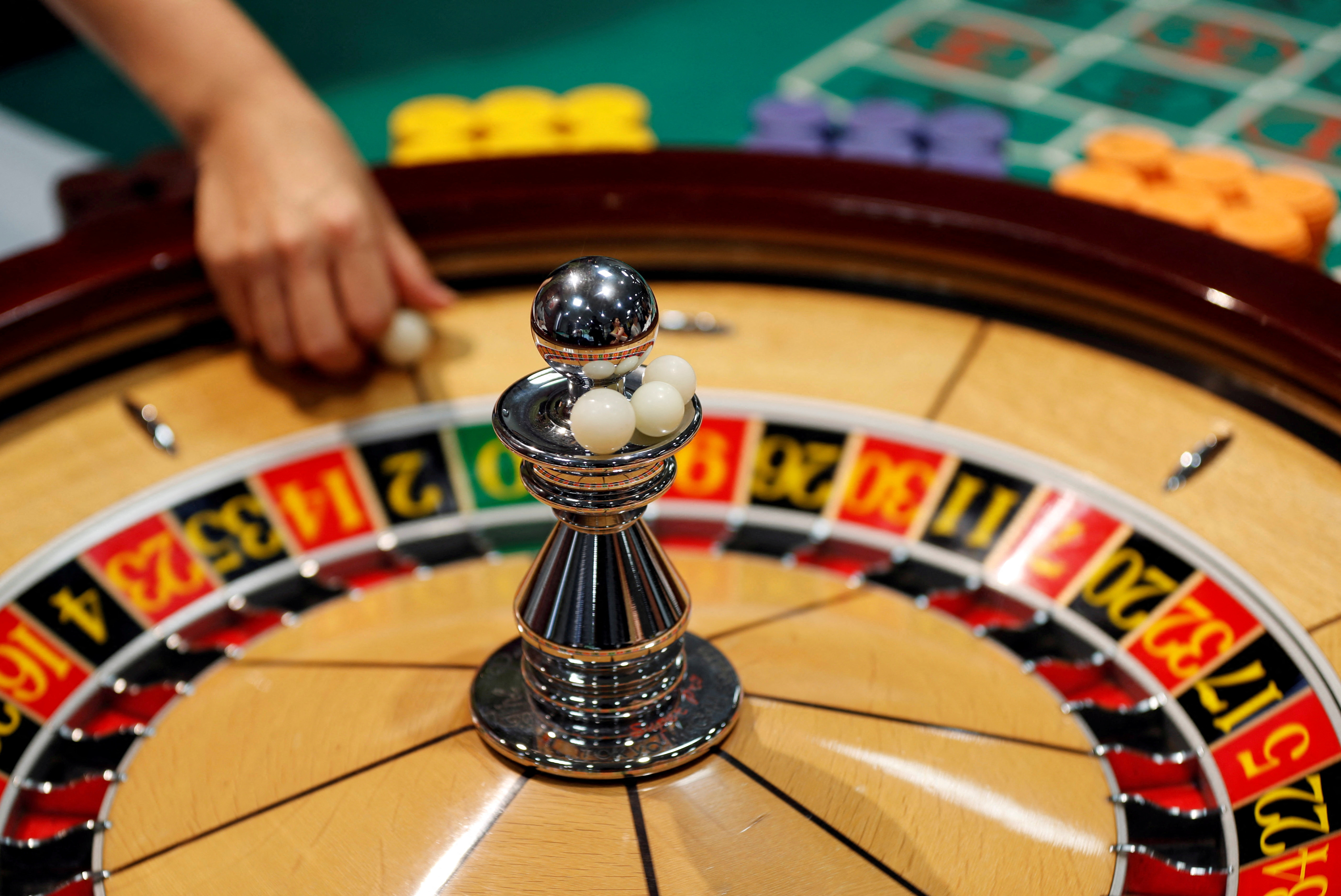The Excitement And Argument Of The Lottery

The drawing is a type of play where participants buy up tickets in the hopes of victorious a large sum of money or other prizes. While lotteries have been around for centuries, the modern edition of the lottery as we know it today first emerged in the 1960s and has since become a worldwide phenomenon. However, despite its popularity, the lottery has also been met with disceptation and unfavorable judgment. In this clause, we will delve into the excitement and contestation wall in the drawing.
The construct of the drawing is quite simple- participants buy a fine with a set of numbers, and if their numbers pool pit the ones drawn, they win a appreciate. The value can range from modest cash prizes to life-changing amounts of money. The exhilaration of the drawing lies in the possibility of successful a large sum of money with the mere purchase of a fine. This creates a touch sensation of hope and prevision amongst participants, as anyone can be a victor.
Lotteries have also been used as a way to raise monetary resource for various purposes, such as for schools, charities, and government projects. In fact, the first registered drawing was held in antediluvian China in 205 BC to finance the twist of the Great Wall. Today, many countries have their own national lotteries, which contribute considerable amounts to their individual economies.
However, with the excitement of the drawing comes argument. One of the main criticisms of the lottery is that it preys on the fiscal of low-income individuals. These individuals often see the lottery as their only of up their financial situation. The odds of victorious the drawing are improbably slim, and many argue that the drawing is merely a form of using as it targets weak individuals.
Moreover, there have been instances of bandar togel addiction, where individuals become exhausted by the idea of victorious and spend undue amounts of money on tickets. This can lead to business enterprise ruin and other negative impacts on the soul’s life. Critics argue that the lottery promotes unhealthful gaming habits and can be detrimental to society overall.
Furthermore, the way the lottery is marketed and publicized has also been a subject of contestation. Many reason that the use of enticing slogans and images of winners celebrating promotes false hopes and wild expectations. The drawing is often seen as a quick and easy way to reach wealthiness, which can be damaging to individuals who may become controlled with the idea of victorious.
There have also been instances of drawing imposter, where individuals take to have winning tickets or rig the system of rules to win. This has led to calls for more transparence and rule in the lottery manufacture to insure fair play and keep dishonorable activities.
In reply to the unfavorable judgment and controversies, some governments have introduced measures to address these issues. For illustrate, the lottery in the United Kingdom donates a assign of their winnings to various giving causes. There are also regulations in direct to keep unreasonable selling and to cater resources for individuals struggling with play dependence.
In termination, the lottery continues to be a pop form of play, offering the thrill of a chance at successful life-changing sums of money. However, it is not without tilt and criticism, with concerns over its bear upon on weak individuals and high society as a whole. As with any form of play, causative participation and regulation are material to keep off prejudicial consequences.
